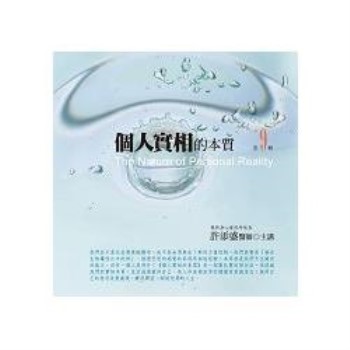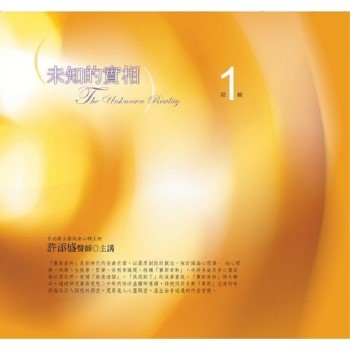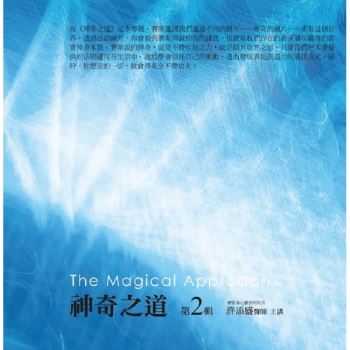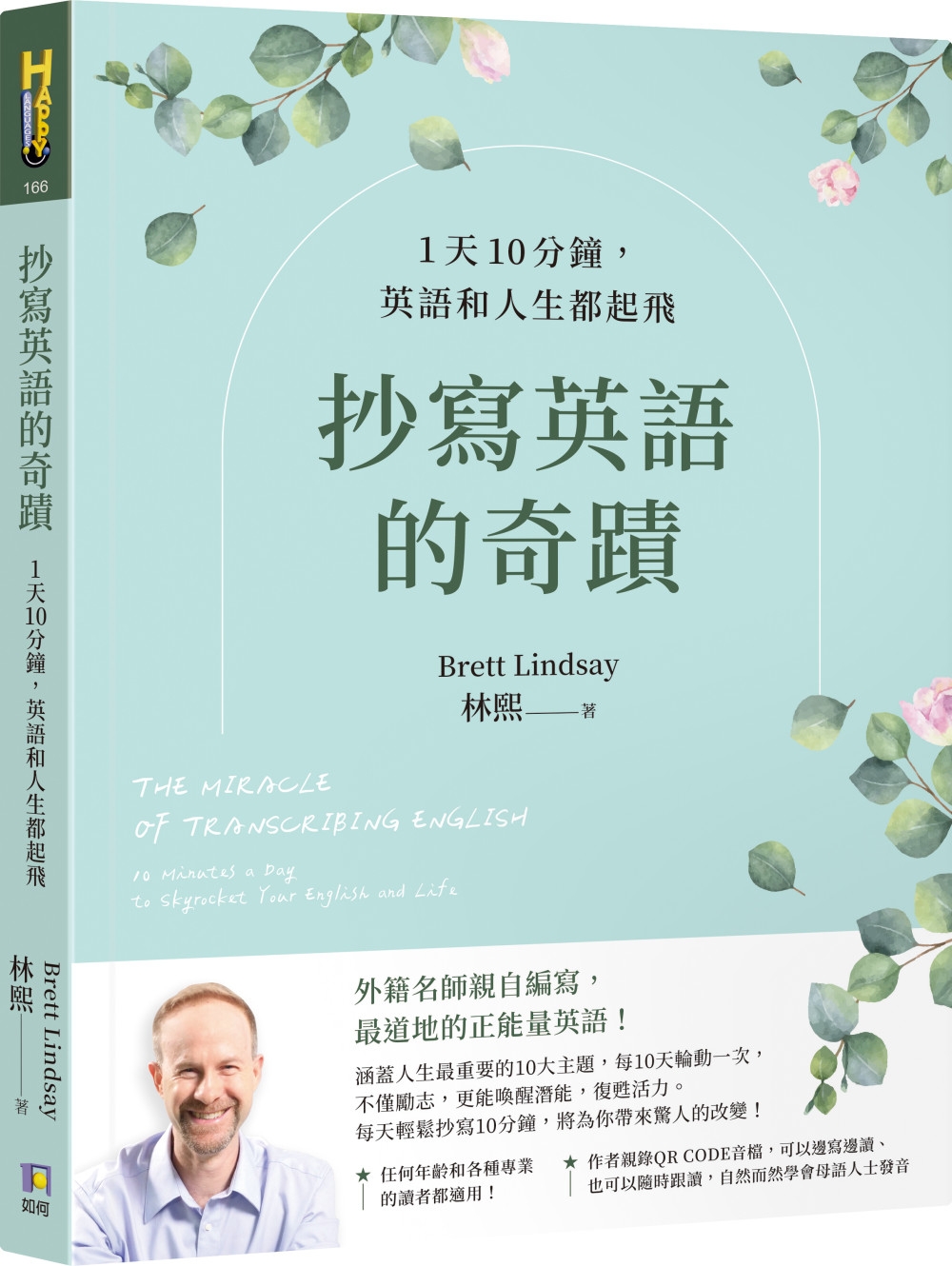Peter Cotton was born and raised in England, where his father was a country doctor. He studied medicine at Cambridge University and St Thomas’s Hospital Medical School in London, graduating in 1963. He decided to specialize in gastroenterology in 1967, coming under the influence of Dr Brian Creamer in the St Thomas’ "gut hut". At around that time, a revolution started in gastroenterology, with the introduction of the first fully flexible endoscopes ("Fibrescopes"), instruments for seeing inside the digestive tract .Hence the name of the book "The tunnel at the end of the light". Brian encouraged Peter to get involved and a career was born. He rapidly embraced the evolving technology, which soon blossomed into useful therapeutics. It became possible to do treatments through the mouth (and anus) for conditions such as bleeding, stone and polyps that previously required open surgery which was then both painful and dangerous. Peter became one of the leading proponents, researchers and teachers in the field, based at The Middlesex Hospital in London, where he trained many future national leaders. Frustrations with inadequate resources eventually led him to move to USA in 1986, to Duke University in North Carolina, where he set up a state of the art endoscopy and teaching facility. In 1994 he moved to Charleston to initiate and direct a multi-disciplinary Digestive Disease Center at the Medical University of South Carolina, where he remains today. His main clinical focus throughout has been in pancreatic and biliary diseases, and the use of the technique called endoscopic retrograde cholangio-pancreatography (which he named, and is now thankfully known as ERCP). His pre-eminence in that field has attracted hundreds of trainees from around the world, and invitations to teach and demonstrate in more than 50 countries. Dr Cotton is now working part-time, much enjoying his home and the community on Dewees Island, SC, and his wonderful family, which now includes 8 grandchildren and one great-grandchild.











